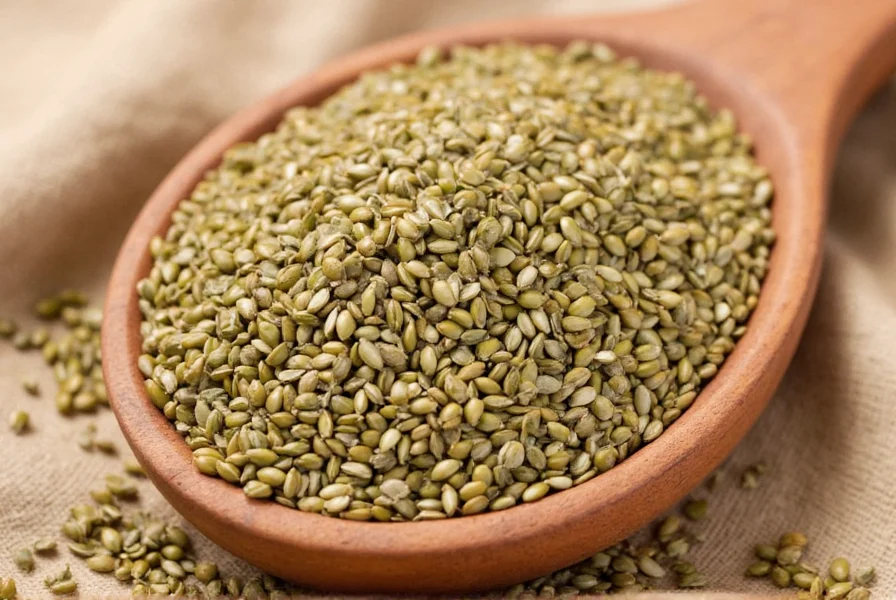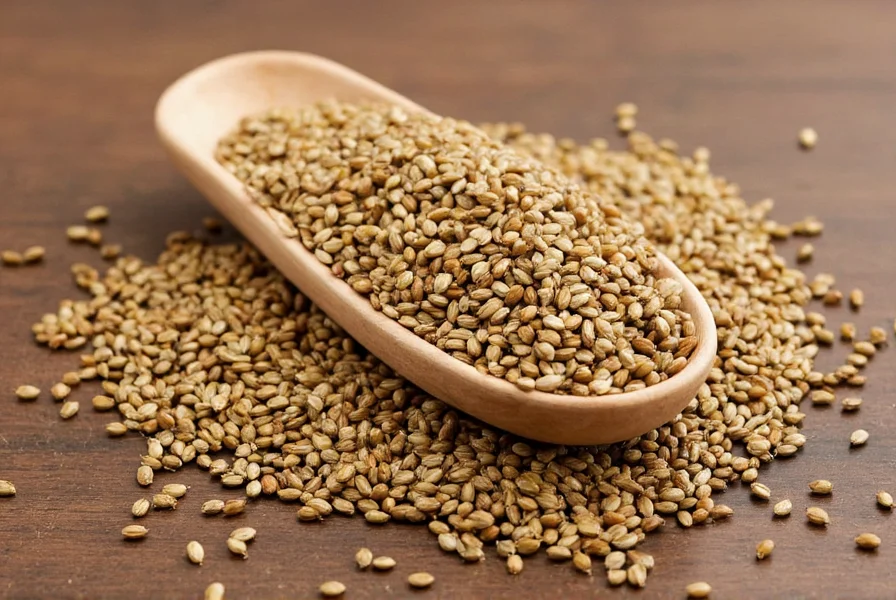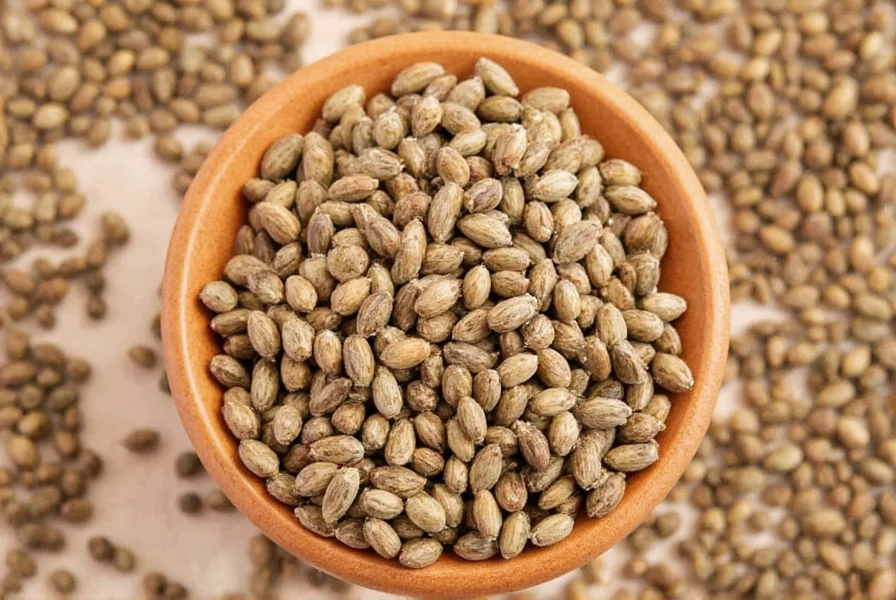Methi seeds, also known as fenugreek seeds, offer scientifically supported health benefits including blood sugar regulation for diabetes management, enhanced breast milk production, improved testosterone levels, cholesterol reduction, and anti-inflammatory effects. Research shows these small golden-brown seeds contain compounds like 4-hydroxyisoleucine and galactomannan fiber that contribute to their therapeutic properties, with typical effective doses ranging from 500mg to 2,000mg daily depending on the health goal.
Fenugreek (Trigonella foenum-graecum), commonly called methi in Indian cuisine and traditional medicine, has been used for centuries across multiple cultures for its remarkable health properties. Modern scientific research continues to validate many of these traditional uses, revealing the impressive biochemical profile that makes these small, maple-scented seeds a nutritional powerhouse.
What Are Methi Seeds?
Methi seeds come from the fenugreek plant, an annual herb belonging to the legume family. These small, hard, yellow-brown seeds have a distinctive bitter taste that mellows when cooked. Native to the Mediterranean and South Asia, fenugreek cultivation has spread globally due to increasing recognition of methi seeds health benefits. The seeds contain numerous bioactive compounds including saponins, alkaloids, and mucilaginous fibers that contribute to their therapeutic effects.

Evidence-Based Health Benefits of Methi Seeds
Blood Sugar Regulation
One of the most well-documented methi seeds for diabetes management benefits involves blood glucose control. Multiple clinical studies demonstrate that fenugreek seeds can significantly reduce fasting blood sugar levels and improve glucose tolerance. The high fiber content, particularly galactomannan, slows carbohydrate digestion and absorption. A 2021 meta-analysis published in Nutrition Reviews concluded that fenugreek supplementation reduced HbA1c levels by an average of 0.85% in type 2 diabetes patients.
Enhanced Lactation
For nursing mothers seeking fenugreek seeds for lactation support, research shows promising results. The compound diosgenin in fenugreek may stimulate milk production. A randomized controlled trial in the Journal of Alternative and Complementary Medicine found that mothers taking fenugreek supplements produced 49% more breast milk compared to the control group within 72 hours. Most lactation consultants recommend 500-1,000mg three times daily, though individual responses vary.
Testosterone and Libido Enhancement
Emerging research supports methi seeds for testosterone improvement in men. A 12-week study with 50 male participants showed that those taking 500mg of fenugreek extract daily experienced significant increases in free testosterone levels and reported improved sexual function. The mechanism appears related to fenugreek's ability to inhibit enzymes that convert testosterone to estrogen.
| Health Benefit | Effective Dosage | Time to Notice Effects | Scientific Support Level |
|---|---|---|---|
| Blood sugar control | 1,000-2,000mg daily | 2-4 weeks | High (multiple RCTs) |
| Lactation support | 500-1,000mg 3x daily | 24-72 hours | Moderate (several studies) |
| Testosterone support | 500mg daily | 4-8 weeks | Emerging (limited studies) |
| Cholesterol management | 1,800-2,500mg daily | 8-12 weeks | Moderate (consistent findings) |
Cholesterol Management
Regular consumption of fenugreek seeds nutritional value contributes to cardiovascular health through cholesterol regulation. The soluble fiber binds to bile acids, prompting the liver to use cholesterol to produce more bile. A 2020 study in Lipids in Health and Disease reported that participants taking 1,800mg of fenugreek daily for 12 weeks experienced a 14% reduction in LDL cholesterol and a 12% increase in HDL cholesterol compared to placebo.
Anti-Inflammatory Properties
The scientific evidence for methi seeds benefits includes significant anti-inflammatory effects. Fenugreek contains flavonoids and polyphenols that inhibit inflammatory pathways. Research published in Phytotherapy Research demonstrated that fenugreek extract reduced markers of inflammation like C-reactive protein and interleukin-6 in participants with metabolic syndrome.
Nutritional Profile of Methi Seeds
Per 100 grams, methi seeds contain:
- Protein: 23g
- Dietary fiber: 25g
- Iron: 33.5mg (186% of daily value)
- Magnesium: 190mg (48% of daily value)
- Manganese: 1.2mg (52% of daily value)
- Thiamine: 0.3mg (25% of daily value)
This impressive fenugreek seeds nutritional value makes them a valuable addition to plant-based diets, particularly for iron and protein intake.
How to Use Methi Seeds for Maximum Benefit
For those exploring how to use methi seeds for health, several preparation methods optimize their benefits:
- Soaked seeds: Soak 1 tablespoon overnight and consume the water and seeds on an empty stomach for blood sugar control
- Roasted powder: Dry roast and grind seeds, then take 1 teaspoon with water for lactation support
- Tea infusion: Steep 1 teaspoon of seeds in hot water for 10 minutes for digestive benefits
- Culinary use: Add to curries, breads, and spice blends for flavor and nutrition

Potential Side Effects and Precautions
While generally safe, methi seeds side effects and precautions should be considered:
- May cause gastrointestinal discomfort at high doses
- Can lower blood sugar significantly when combined with diabetes medication
- May cause allergic reactions in people sensitive to peanuts or chickpeas
- Not recommended during pregnancy due to potential uterine stimulation
- May interact with blood thinners due to vitamin K content
Consult a healthcare provider before using methi seeds therapeutically, especially if you have existing health conditions or take medications.
Recommended Dosage Guidelines
The methi seeds recommended dosage varies by purpose:
- General health maintenance: 500mg daily
- Blood sugar management: 1,000-2,000mg daily in divided doses
- Lactation support: 500mg three times daily
- Cholesterol management: 1,800-2,500mg daily
Start with lower doses to assess tolerance and gradually increase as needed. Most benefits become noticeable within 2-8 weeks of consistent use.
Conclusion
Methi seeds offer a remarkable combination of nutritional value and therapeutic potential supported by growing scientific evidence. From methi seeds for blood sugar control to lactation support and beyond, these versatile seeds deserve consideration as part of a holistic health approach. As with any natural remedy, understanding proper usage, dosage, and potential interactions ensures you can safely harness the full spectrum of methi seeds benefits. Always prioritize quality sources and consult healthcare professionals when addressing specific health concerns.
Frequently Asked Questions
How long does it take for methi seeds to increase breast milk production?
Most nursing mothers notice increased milk production within 24-72 hours of starting fenugreek supplementation at the recommended dose of 500mg three times daily. Clinical studies show measurable increases in milk volume within 3 days, with maximum effects typically seen within 1-2 weeks of consistent use. Individual responses vary based on hydration, nursing frequency, and overall health.
Can methi seeds lower blood sugar too much?
Yes, methi seeds can potentially lower blood sugar to unsafe levels, especially when combined with diabetes medications. The hypoglycemic effect of fenugreek is well-documented, with studies showing significant reductions in fasting blood glucose. If you're taking diabetes medication, monitor your blood sugar closely when starting methi seeds and consult your healthcare provider about possible medication adjustments to avoid hypoglycemia.
What's the best way to prepare methi seeds for diabetes management?
For blood sugar control, the most effective preparation involves soaking 1 tablespoon of methi seeds overnight in water, then consuming both the water and seeds on an empty stomach in the morning. This method maximizes the soluble fiber content that slows glucose absorption. Clinical studies typically use doses of 1,000-2,000mg daily, which equals approximately 1-2 teaspoons of soaked seeds. Consistent daily use for at least 4 weeks yields the best results.
Are there any drug interactions with methi seeds I should know about?
Methi seeds may interact with several medications, most notably diabetes drugs (potentiating hypoglycemic effects), blood thinners (due to vitamin K content), and medications metabolized by the liver. The fiber content can also affect absorption of oral medications if taken simultaneously. To avoid interactions, take methi seeds at least 2 hours apart from prescription medications and consult your healthcare provider before combining with any pharmaceutical treatment, especially if managing chronic conditions.
Can I consume methi seeds daily for long-term health benefits?
Yes, methi seeds can be safely consumed daily for long-term health benefits when taken within recommended dosages (typically 500mg-2,000mg depending on purpose). Many traditional medicine systems incorporate fenugreek as a regular dietary component. For ongoing use, periodic breaks (such as 5 days on, 2 days off) may help maintain effectiveness and prevent potential digestive discomfort from the high fiber content. Long-term studies show sustained benefits for blood sugar control and cholesterol management with consistent daily use over 3-6 months.











 浙公网安备
33010002000092号
浙公网安备
33010002000092号 浙B2-20120091-4
浙B2-20120091-4